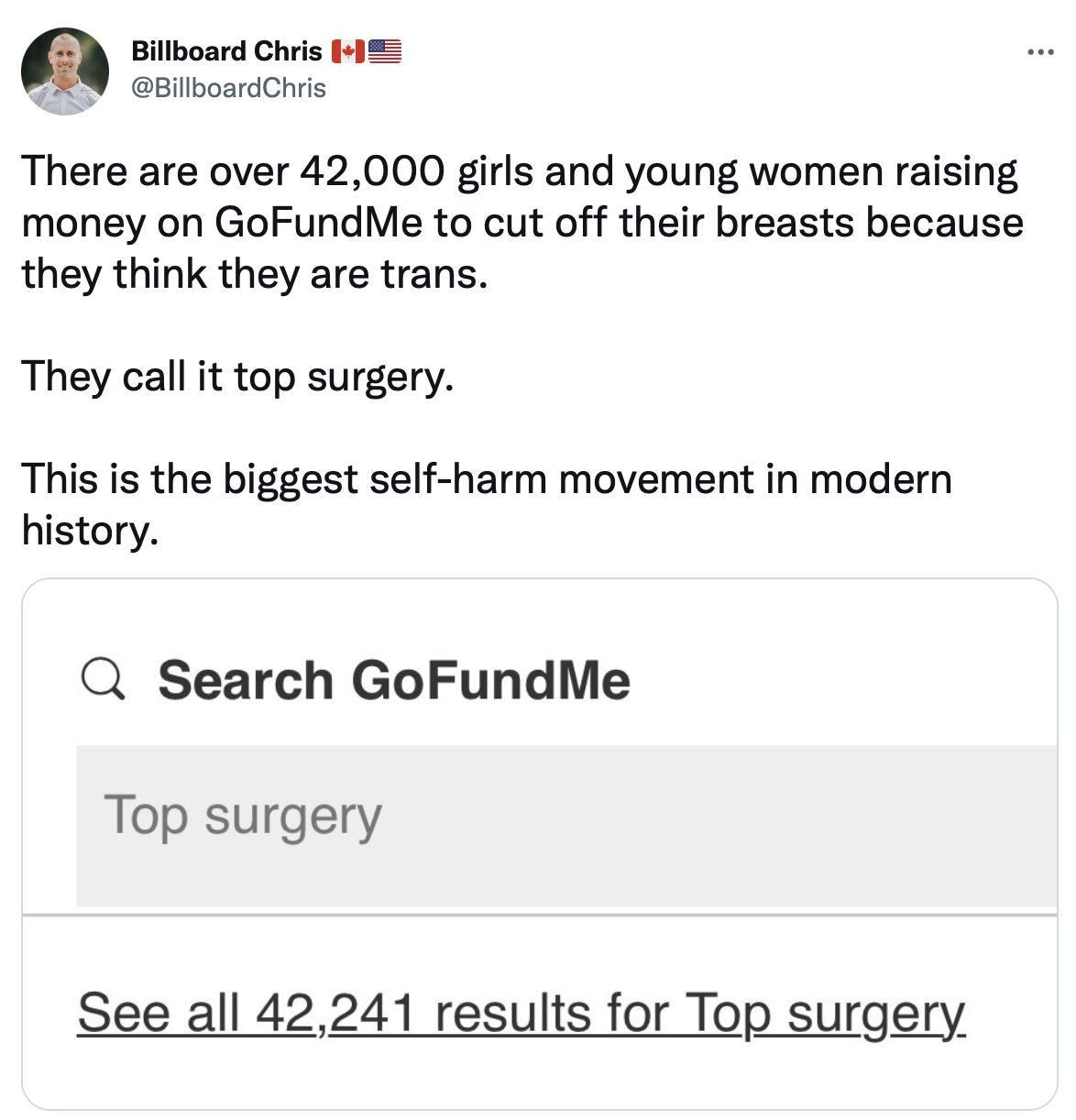Death Close Up
A person near and dear to me is deteriorating noticeably. I miss who this person once was, but I know this process is entirely expected and completely natural. Human life is not going to turn out well for any of us, at least to the extent that we strive for eternal life or that we hope that people will continue to think about us after we are dead.
The slow-motion death I am witnessing is causing me to meditate on the meaning of life on this rainy morning. At existential times like these, I have increasingly looked to the wisdom of the Stoics. I found this excellent collection or Stoic writings on death. Here are a few of my favorites:
No person would give up even an inch of their estate, and the slightest dispute with a neighbor can mean hell to pay; yet we easily let others encroach on our lives—worse, we often pave the way for those who will take it over. No person hands out their money to passersby, but to how many do each of us hand out our lives! We’re tight-fisted with property and money, yet think too little of wasting time, the one thing about which we should all be the toughest misers. —Seneca
“No evil is honorable: but death is honorable; therefore death is not evil.” —Zeno of Citium
“Brief is man’s life and small the nook of the Earth where he lives; brief, too, is the longest posthumous fame, buoyed only by a succession of poor human beings who will very soon die and who know little of themselves, much less of someone who died long ago.” —Marcus Aurelius
“I cannot escape death, but at least I can escape the fear of it.” —Epictetus
“It is not death that a man should fear, but rather he should fear never beginning to live.” —Marcus Aurelius
“Let us prepare our minds as if we’d come to the very end of life. Let us postpone nothing. Let us balance life’s books each day. The one who puts the finishing touches on their life each day is never short of time.” —Seneca
Choose to die well while you can; wait too long, and it might become impossible to do so. —Gaius Musonius Rufus
The Latin phrase memento mori literally means “remember that you have to die.” Over the centuries, scholars often would keep a symbolic memento mori image in their study, like a skull, as a reminder of their own mortality.
We are dying every day, in that there is less life in front of us and our accomplishments are increasingly behind us:
[W]e are, in fact, dying every day. This is not the body to which your mother gave birth, as the Stoic emperor Marcus Aurelius put it. The child dies to become the adolescent. The adolescent dies to become the man. The boy is father to the man but also predeceases him. We die every night when we go to sleep and awaken a different person, although we often barely notice what has been lost in the process.
I veer to the Woody Allen approach to death: "It's not that I'm afraid to die. I just don't want to be there when it happens." This dovetails well with my assumption after death I will not exist that all forms of non-existence are the same. I've long assumed that after I die, it will be no different than the way things "were" before I was born, a thought expressed by the ancient Greek Sophist known as Prodicus of Ceos:
The state of nonexistence to which we permanently return after our death is no different than the one we were in, for countless aeons, before we were bornAs Sigmund Freud suggested, as discussed here:
'It is indeed impossible to imagine our own death.' Because, as Freud goes on, '[...] whenever we attempt to do so we can perceive that we are in fact still present as spectators'. In fact, we could say that we assist at our own death, as if the one who dies in our imagination were a different person. We can't imagine how we would be like dead, without being able to think or see, for example. We can't accept our own death, 'at bottom no one believes in his own death'. As Freud claims, 'in the unconscious every one of us is convinced of his own immortality'. There is no sense of the passage of time; time does not work chronologically in our unconscious.This unconscious belief that nothing can happen to us may be seen as 'the secret of heroism'.
And it's a relief to me (based on my assumptions) that non-existence is nothing at all, which makes it a far superior option to some sort of post-death judgment, even where one has a 99% chance of ending up in "heaven" (whatever the hell "heaven" could possibly mean).
But now it is time for me to tend to my life, my remaining months of the 1,000 (or so) months I was bestowed at birth . . .. It's time for me to do my best to strut my remaining hours across the stage, as Shakespeare's MacBeth utters:
Tomorrow, and tomorrow, and tomorrow, Creeps in this petty pace from day to day, To the last syllable of recorded time; And all our yesterdays have lighted fools The way to dusty death. Out, out, brief candle! Life's but a walking shadow, a poor player, That struts and frets his hour upon the stage, And then is heard no more. It is a tale Told by an idiot, full of sound and fury, Signifying nothing.
About Sea Cucumbers
This is one of those moments where reality is more surreal than anything you might imagine. It's the story of how sea cucumbers eat.
Tens of Thousands Currently Using GoFundMe to Raise Money to Cut off Their Breasts
Billboard Chris periodically checks out the number of girls trying to raise money to cut off their breasts. Here's his latest post on that topic, indicating that 42,000 girls are currently raising money for that purpose:
Split Brain Patient is Half-Atheist
Fun Fact.
V.S. Ramachandran presented at the Beyond Belief Conference in 2006. He discussed an experiment where he asked the split-brain patient’s right hemisphere “Do you believe in God”? The right hemisphere pointed to the answer “no," while the left hemisphere pointed to “yes”.
Ramachandran then joked that after death the patient’s left hemisphere would go to heaven and his right hemisphere would go to hell.
- Go to the previous page
- 1
- …
- 223
- 224
- 225
- 226
- 227
- 228
- 229
- …
- 1,986
- Go to the next page



